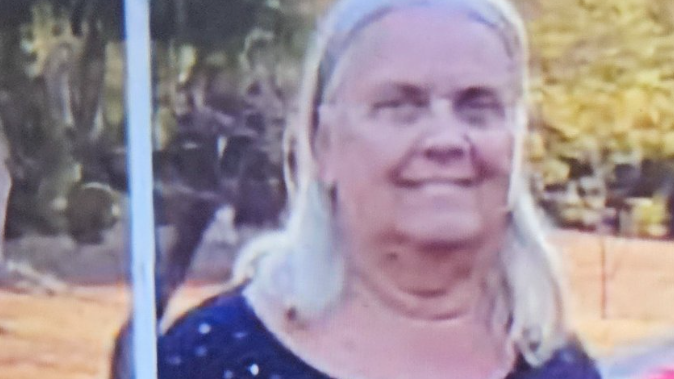Environmental law centre seeks investigation of muzzled federal scientists
Posted Feb 20, 2013 05:55:53 PM.
This article is more than 5 years old.
OTTAWA – The Conservative government is being accused of suppressing the release of scientific information in what an environmental law group describes as a threat to democracy and a breach of the federal Access to Information Act.
The Environmental Law Centre at the University of Victoria and the ethics watchdog Democracy Watch are asking the federal information commissioner to investigate what they’re calling “systematic efforts by the government of Canada to obstruct the right of the media — and through them, the Canadian public — to timely access to government scientists.”
They argue that the federal access law’s stated “principle” is to ensure government information is available to the public and that any restrictions be limited and specific.
“By suppressing scientists and stopping them from talking to the media … that undermines the public’s knowledge of what records actually exist,” said Calvin Sandborn, legal director of Victoria’s Environmental Law Centre.
The public is then doubly blind, Sandborn suggested, because it neither hears from taxpayer-funded scientists directly nor can it seek out their work through the Access to Information Act.
The complaint arises from a sweeping Conservative communications policy under which federal scientists must get permission before speaking publicly — permission that is often denied, delayed or limited to approved talking points.
The issue has again come to prominence following a report last week by Postmedia News that the Department of Fisheries and Oceans is demanding that scientists on a joint Canada-U.S. Arctic research project sign a sweeping confidentiality agreement. The demand has been flatly rejected by some U.S. scientists.
The submission Wednesday to the office of Information Commissioner Suzanne Legault includes a new 28-page report that chronicles repeated examples across multiple government departments.
Law student Clayton Greenwood compiled examples of scientists being muzzled at Environment Canada, Fisheries and Oceans, Natural Resources Canada, the National Research Council, the Canadian Food Inspection Agency and National Defence.
The package includes copies of emails among government officials that detail the obsessive control exerted over even routine requests — such as a media inquiry about the National Research Council’s role in a NASA snow study over southern Ontario.
A spokeswoman for Legault said a preliminary examination will take place to see if a full investigation is warranted.
Legault will not publicly comment on whether she undertakes an investigation or not. Her only power, should she find merit in the complaint, is to publicly report her findings.
Sandborn, a law professor, said he believes the request falls within Legault’s mandate.
“I don’t think there’s a more important role than this for the access to information commissioner to address: does government have the power to suppress public access to publicly owned science and information?” he said.
“The whole idea of democracy is that the public can make wise decisions. But they can’t make wise decisions if they don’t have the facts, if government facts are hidden from them.”
Prime Minister Stephen Harper has made much the same argument in the past.
In 2001, as head of the National Citizens Coalition, Harper wrote that “information is power.”
“The less control the government has over the flow of information, the less control it can exert over its citizens.”
Even since coming to office, Harper has occasionally preached that open access to information is critical to citizen freedom.
“We believe strongly that Canadians’ freedom is enhanced when journalists are free to pursue the truth, to shine light into dark corners, and to assist the process of holding governments accountable,” he told an ethnic media awards banquet in Markham, Ont., in November 2009.
Sandborn said access to information is at the heart of responsible government.
“If we don’t resolve that, I think our democracy may be in deep trouble.”










